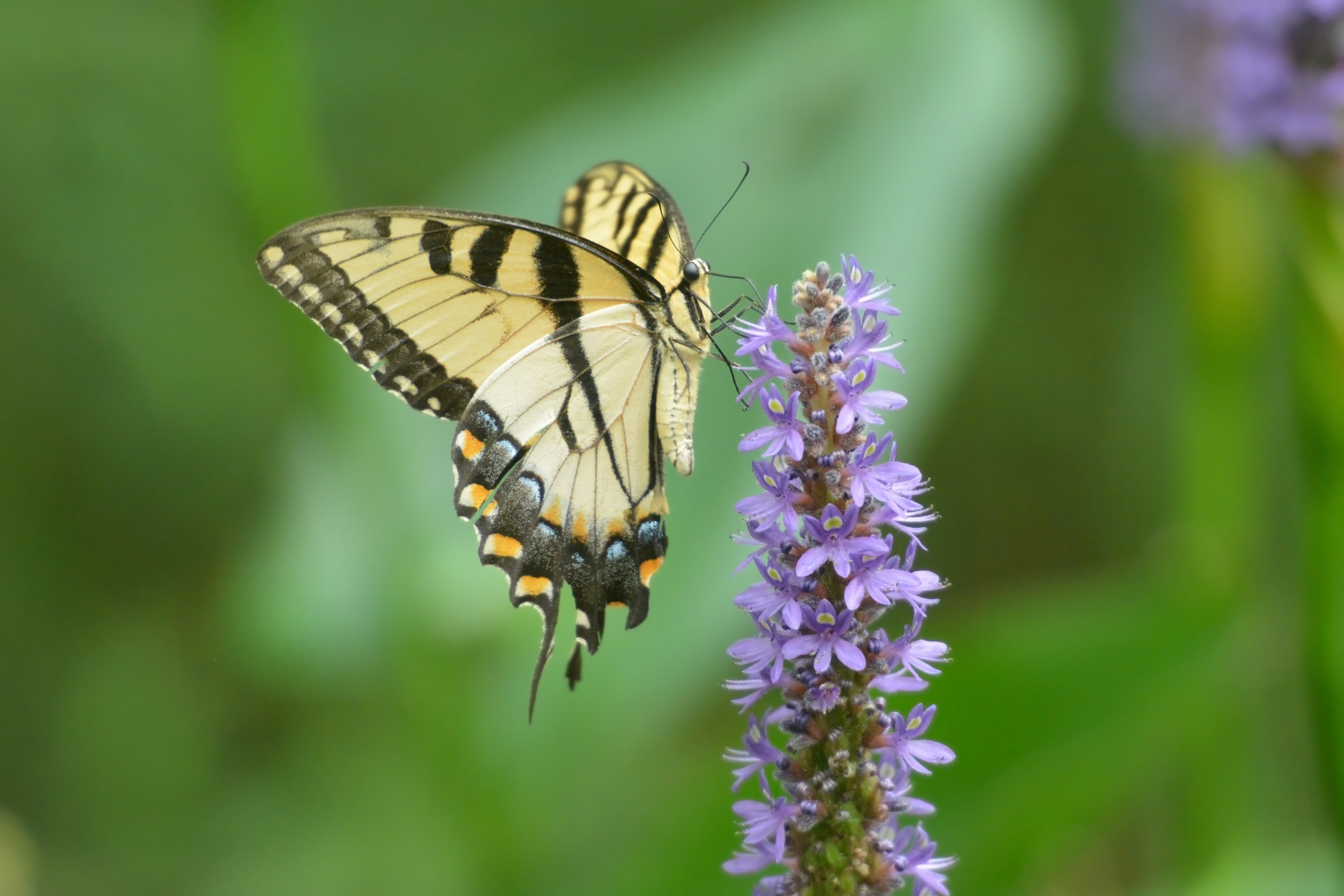
Shifting seasons and changing weather are altering ecosystems
Ecosystems and the species within them rely heavily on the timing of the changing of the seasons, making the predictability of temperature and weather patterns extremely important for the survival of many species.
Unfortunately, a new study published in Nature Climate Change has found evidence that animal species are changing the timing of their seasonal activities – known as phenology – at different rates in response to shifting seasonal temperatures and precipitation patterns.
These effects on the daily functioning of ecosystems can also have significant impacts on human food supplies and the spread of diseases.
“We rely on honeybees to pollinate seasonal crops and migratory birds to return in the spring to eat insects that are crop pests and vectors of human diseases,” explains lead author Jeremy Cohen, a postdoctoral researcher at the University of South Florida Department of Integrative Biology. “If the timing of these and other seasonal events are off, ecosystems can malfunction with potentially adverse effects on humans.”
After the researchers reviewed thousands of records of phenological shifts, dating back to the 1950s, they discovered some interesting patterns. The results showed that cold-blooded species and species with smaller body sizes are breeding or aggregating earlier than warm-blooded or large-bodied species in the spring.
“Our research elucidates the drivers of phenological responses and the traits of organisms that influence their ability to track changing climates,” says co-author Jason Rohr, PhD, a professor at the University of South Florida. “We expect these findings to improve our ability to forecast the locations, systems and species that might be at the greatest risk from climate change and ideally mitigate any adverse effects that these changes might have on the services that ecosystems provide to humans.”
—
By Connor Ertz, Earth.com Staff Writer
Image Credit: Jeremy Cohen, PhD, University of South Florida













